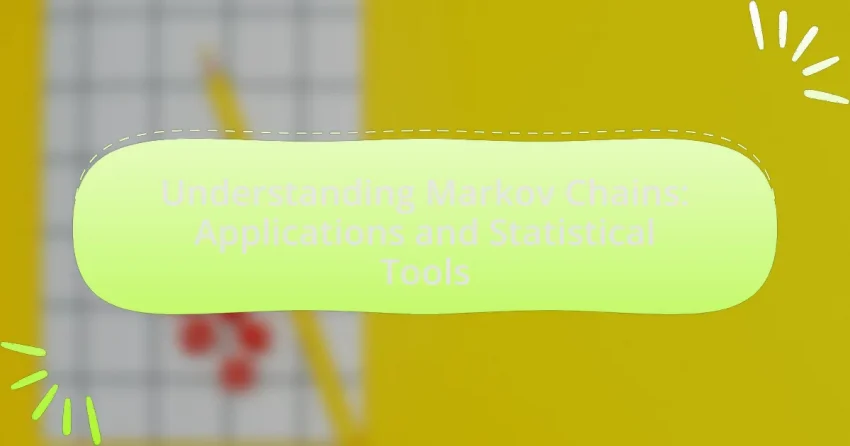Simulation software for stochastic process education serves as a vital tool for students and professionals to understand and analyze random processes through computational models. This article explores how such software enhances learning by providing interactive and visual representations of complex probabilistic models, enabling real-time experimentation with parameters. Key features of simulation software, including customizable scenarios…
Statistical Methods and Tools
Welcome to the ‘Statistical Methods and Tools’ category! Here, you will discover a wealth of articles designed to introduce you to the fundamental concepts and techniques of statistics. Whether you’re a beginner or just brushing up on your skills, these articles break down complex ideas into simple, manageable parts. You’ll learn about different statistical methods, from basic descriptive statistics to advanced inferential techniques. Each piece aims to give you a clear understanding of how these tools can be applied to real-world data.
In addition to methods, we also explore various tools that can make your statistical analysis more efficient. You’ll find guides on software programs and online platforms that simplify data analysis. These resources are valuable for anyone looking to enhance their analytical skills. As you delve deeper into this category, you’ll gain confidence in navigating the world of statistics. Embrace the challenge and unlock the insights that statistics can provide!
Bayesian Methods in Stochastic Processes: An Educational Perspective
Bayesian methods in stochastic processes are statistical techniques that utilize Bayes’ theorem to update probability estimates as new data emerges, allowing for the integration of prior knowledge and uncertainty in modeling dynamic systems. This article explores the differences between Bayesian and traditional statistical approaches, emphasizing key principles such as prior beliefs, likelihood, and posterior distribution….
Understanding Markov Chains: Applications and Statistical Tools
Markov Chains are mathematical systems that model transitions between states based solely on the current state, adhering to the Markov property. This article provides a comprehensive overview of Markov Chains, detailing their fundamental components, functioning, and significance in various fields such as statistics, finance, and machine learning. Key topics include the role of transition matrices,…


